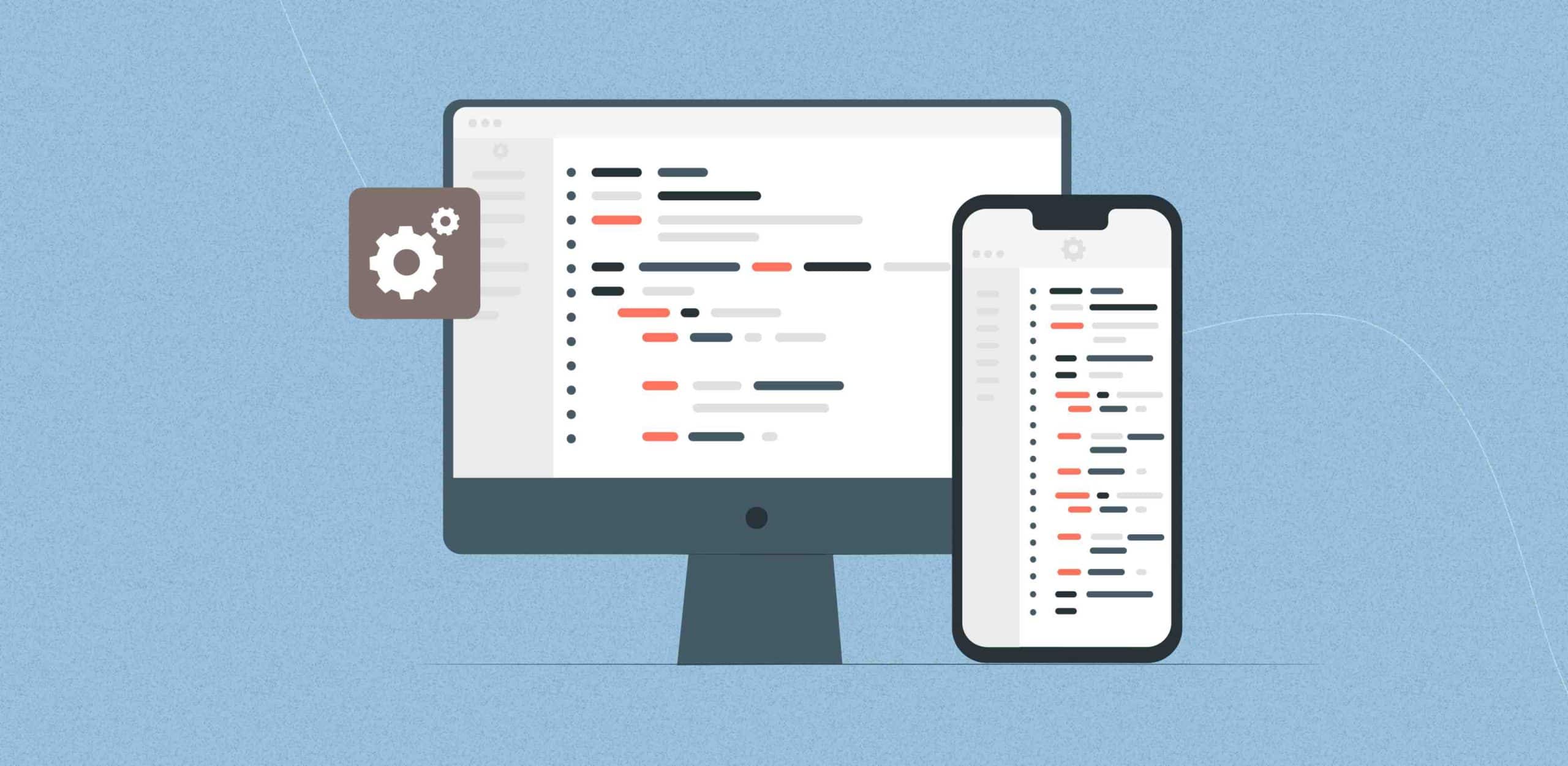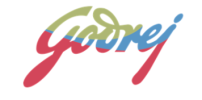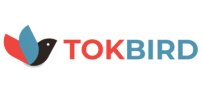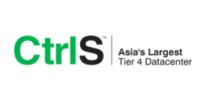Custom education software plays a pivotal role in the transformation of the educational landscape, shifting away from one-size-fits-all teaching methods toward more tailored, student-centered approaches. Personalized learning has become increasingly popular as educators seek to enhance learning experiences by focusing on individual students’ strengths, needs, and interests.
Custom education software offers tools designed to adapt to the learner rather than forcing all learners into the same mold. This blog explores how custom education software facilitates these personalized learning experiences, potentially revolutionizing educational methodologies.
The Rise of Personalized Learning
Personalized learning refers to instructional approaches that customize teaching methods, content, and pace to the needs and abilities of each learner. Unlike traditional education models, personalized learning aims to empower students by giving them more control over their learning processes.
Recent data underscores the shift towards personalized educational methods. According to the 2023 EdTech Digest, schools that implement personalized learning strategies see a 34% improvement in student performance on average. Furthermore, a survey by the Learning Personalization Forum found that 76% of educators believe that personalized learning can significantly enhance student engagement and comprehension.
Benefits of Personalized Learning
Personalized learning, powered by custom education software, is transforming the educational landscape. This approach is tailored to meet the needs of individual learners, thus maximizing engagement and enhancing learning outcomes. Below we detail the specific benefits of personalized learning.
- Improved Engagement and Outcomes
Personalized learning directly contributes to increased student engagement and improved academic results. Traditional teaching methods often follow a uniform approach, assuming all students learn in the same way and at the same pace. In contrast, personalized learning aligns educational content and teaching strategies with individual preferences and capabilities. This alignment increases motivation as students feel their personal learning needs are being met.
Key impacts include:- Increased Participation: Students are more likely to participate actively in lessons that resonate with their personal interests and learning preferences.
- Enhanced Motivation: Learning becomes more enjoyable and engaging when content is relevant to individual students, thereby enhancing motivation to complete tasks and pursue further learning.
- Better Outcomes: When students are engaged and motivated, they are more likely to achieve higher grades, retain information longer, and develop a love for learning.
- Catering to Individual Learning Styles
Each student brings unique preferences and abilities to the classroom, influencing how they absorb information best. Custom education software supports these diverse learning styles by providing content in multiple formats:- Visual Learners: Software includes graphs, charts, and videos to facilitate learning.
- Auditory Learners: Lessons might be supplemented with podcasts or recordings.
- Reading/Writing Learners: Extensive reading materials and written assignments cater to these learners.
- Kinesthetic Learners: Interactive simulations and hands-on activities help these students learn by doing.
By addressing the specific ways in which a student learns best, personalized learning environments help all students achieve their potential, regardless of their preferred learning modality. This not only improves comprehension and retention but also builds self-confidence in learners as they understand and engage with the material more effectively.
- Flexibility and Accessibility
One of the standout features of custom education software is the unparalleled flexibility and accessibility it offers. This technology breaks down traditional barriers to education, allowing learning to be more inclusive and adaptable to various needs.
Advantages include:- Learning at One’s Own Pace:
Students can progress through courses as quickly or slowly as their learning pace dictates, which is particularly useful for those who may need more time to grasp complex concepts or, conversely, for those who learn quickly and wish to advance faster. - Accessibility Anywhere: With an internet connection, learning can occur anywhere, be it at home, during transit, or in a café. This is especially beneficial for students in rural or remote areas and those who cannot frequently attend a physical classroom due to health issues or mobility restrictions.
- Support for Disabilities: Custom education software can be equipped with features like text-to-speech, speech-to-text, and other assistive technologies, making learning more accessible for students with disabilities.
Through these methods, custom education software not only promotes better educational outcomes but also fosters a more inclusive learning environment where every student has the tools and opportunities to succeed. This adaptability and consideration for individual needs underscore the transformative potential of personalized learning in the modern educational era.
- Learning at One’s Own Pace:
Contact us to learn how our custom education software can address your institution’s unique needs.
Key Features of Custom Education Software
Custom education software is engineered to enhance the educational experience by providing tailored learning environments that adapt to the needs of individual students. This section explores three critical features that define these systems: adaptive learning technologies, data-driven insights, and robust integration capabilities. These features not only improve the learning outcomes but also streamline the educational and administrative processes.- Adaptive Learning Technologies: One of the cornerstone features of custom education software is its use of adaptive learning technologies. These technologies employ advanced algorithms to dynamically analyze a student’s interactions with the system. As the student progresses through the material, the software assesses performance, engagement levels, and learning speed, adjusting the difficulty and type of content in real time. This ensures that the learning experience is continuously aligned with the student’s evolving needs. Adaptive systems can modify elements like the sequence of topics, the complexity of questions, and even the medium of instruction (videos, texts, interactive simulations) to better suit the learner’s style and pace.
- Data-Driven Insights: Another significant advantage of custom education software is its capability to provide valuable data-driven insights. This feature is particularly important as it enables educators and administrators to make informed decisions about their instructional strategies. By collecting and analyzing extensive data on students’ performance, engagement, and behavioral patterns, the software identifies trends and gaps in knowledge. For example, if a significant portion of students are struggling with a specific concept, the software will highlight this trend, allowing educators to adjust the curriculum or provide additional resources to address these challenges. Furthermore, this data can be used to predict student outcomes, enabling proactive interventions that can significantly enhance learning efficiency and effectiveness.
- Integration Capabilities: Modern custom education software often features robust integration capabilities, designed to function seamlessly with a wide array of other digital tools and systems used within educational settings. This interoperability is essential for creating a holistic educational ecosystem where all components work together harmoniously. Integration with other platforms can include learning management systems (LMS), student information systems (SIS), digital libraries, and even external resources such as educational apps and websites. This seamless integration helps in centralizing management tasks, reducing redundancy, and ensuring that students and teachers have easy access to all necessary resources. Additionally, it facilitates a more cohesive data collection process, where information from various sources can be aggregated, analyzed, and utilized more effectively to tailor the learning experience.
Implementing Custom Education Software
Implementing custom education software is a transformative step for any educational institution aiming to enhance learning experiences through personalization. However, the process involves careful planning and execution to ensure the software effectively meets the needs of all users—students, educators, and administrators. This section explores the nuances of choosing the right software and overcoming the typical challenges associated with its implementation.
Choosing the Right Software
Selecting the right custom education software is crucial as it directly influences the effectiveness of your personalized learning initiatives. Here are the primary factors to consider:
- Adaptability: The software should be flexible enough to accommodate a range of learning styles and curricular adjustments over time. This includes the ability to update and modify content based on evolving educational needs and student feedback.
- Ease of Use: Both students and staff should find the software intuitive and user-friendly. A steep learning curve can hinder the adoption rate and overall success of the software deployment.
- Technical Support: Reliable technical support is vital. The provider should offer prompt and effective assistance to resolve any issues that arise, minimizing downtime and disruption to learning.
- Compliance with Educational Standards: The software must comply with local and international educational standards and regulations to ensure that the educational content is not only effective but also appropriate and ethical.
- Cost: Budget considerations are always important. Evaluate the cost against the features provided, and consider the total cost of ownership over time, which includes updates, maintenance, and training.
Challenges and Solutions
Implementing custom education software comes with its set of challenges, which can vary from technical hurdles to human resistance. Here’s how these can be addressed:
- Resistance from Staff: Change can often be met with resistance. To mitigate this, involve educators and administrators early in the decision-making process. Allow them to provide input on the software selection and implementation strategy, which can increase buy-in and reduce resistance.
- Need for Training: Comprehensive training is essential for ensuring that all users are comfortable and proficient with the new system. Plan multiple training sessions, including hands-on workshops and ongoing support, to help staff and students acclimate to the software.
- Budget Constraints: Budget limitations are a common concern. Look for software options that offer scalability so that you can start with a basic setup and add features as needed. Additionally, consider the return on investment that enhanced learning outcomes will provide over time, which can justify the initial expenditure.
How Custom Education Software Shapes the Future of Education?
The integration of technology into educational systems has been a transformative force, leading to innovative teaching and learning practices. Custom education software, with its ability to tailor learning experiences to individual needs, is at the forefront of this transformation. This section explores the anticipated future trends in educational technology and how ongoing improvements and adaptations in custom education software are poised to further revolutionize this sector.
Future Trends
The trajectory of educational technology is unmistakably veering towards more personalized learning experiences. As we delve into the next decade, experts in the field predict a substantial increase in the implementation of AI-driven customization across all learning environments. This evolution in custom education software means that tools and platforms will likely be able to assess and respond to student needs in real-time, thereby making learning not only more engaging but also significantly more effective.
- AI-Driven Personalization:
Artificial Intelligence (AI) in education is expected to advance beyond basic adaptations. Future systems will potentially predict student inquiries, prepare resources that address individual learning gaps, and even anticipate future learning pathways. This level of personalization could drastically reduce the time it takes for students to master new concepts, accommodating diverse learning paces and styles with unprecedented precision. - Augmented and Virtual Reality Learning:
Augmented Reality (AR) and Virtual Reality (VR) technologies are set to play a larger role in custom education software, offering immersive learning experiences that are both engaging and impactful. These technologies can simulate complex environments for students to practice skills—from surgical procedures in medicine to historical events in education—without the associated risks or resources typically required. - Gamification:
Gamification is another area where significant growth is anticipated. By integrating game design elements into the learning process, educators can enhance student motivation and engagement. Custom education software that includes badges, leaderboards, and achievement tracking can make learning more enjoyable and rewarding, encouraging students to engage deeply with the content. - Continuous Improvement and Adaptation:
The field of educational technology is characterized by its rapid pace of innovation and adaptability. As advancements in AI and machine learning accelerate, the sophistication of custom education software is expected to increase, enhancing its effectiveness in meeting individual learner needs. - Data Analytics:
Enhanced data analytics will drive the next generation of custom education software, enabling more nuanced insights into student performance and learning behaviors. This will allow educators to tailor content more precisely and intervene more effectively, promoting better educational outcomes. - Adaptive Learning Platforms:
Continued improvements in adaptive learning technologies will enable platforms to fine-tune learning experiences to a degree previously considered unattainable. These platforms will adjust in real-time to the pace and depth of a student’s learning capacity, facilitating a truly customized education experience that caters to the individual without alienating them from the learning community. - Interoperability Between Systems:
As educational tools multiply, interoperability between different systems and platforms will become increasingly important. Future developments in custom education software will likely focus on ensuring that these systems can work seamlessly together, providing a cohesive and integrated learning environment that simplifies the technological landscape for both students and educators.
Conclusion
Custom education software is at the forefront of educational innovation, offering tailored learning experiences that address the unique needs of each student. As we look to the future, the role of technology in education will only grow, making now the perfect time to explore how these tools can benefit your institution.
If you’re interested in developing or implementing a custom education software solution, contact us today to discover how we can help you make education more personal, engaging, and effective.
Let’s transform your business for a change that matters.
F. A. Q.
Do you have additional questions?
What is personalized learning?
Personalized learning is an instructional approach that customizes the teaching process based on the individual needs, strengths, and interests of each learner, enabling them to learn at their own pace.
How does custom education software facilitate personalized learning?
Custom education software uses adaptive algorithms to tailor educational content and pace according to each student’s performance and learning style, providing a more personalized experience.
What features should I look for in custom education software?
Key features include adaptive learning technologies, data-driven insights, integration capabilities with other systems, and user-friendly interfaces that support a wide range of learning activities.
What are the benefits of personalized learning for students?
Benefits include improved engagement and learning outcomes, customized learning pathways, flexible learning environments, and accessibility for diverse learners.
How is AI used in custom education software?
AI in custom education software adapts educational content to individual learners, predicts learning needs, and provides real-time feedback to improve understanding and retention.
How will custom education software shape the future of education?
It will lead to more personalized and engaging learning experiences by leveraging AI, AR/VR, and data analytics to adapt and optimize learning environments.
What are some challenges in implementing custom education software?Accordion Title
Common challenges include resistance to technology adoption, budget constraints, integration with existing systems, and the need for training staff.
Can custom education software be used in traditional classroom settings?
Yes, it can complement traditional instruction by providing personalized learning paths, tracking student progress, and offering additional resources to enhance classroom learning.
How does custom education software improve student engagement?
By tailoring content to individual interests and learning styles, it makes learning more relevant and enjoyable, encouraging deeper engagement and motivation.
How do I choose the right custom education software for my institution?
Consider factors such as your institution’s specific needs, the software’s adaptability, user-friendliness, technical support, compliance with standards, and cost-effectiveness.














